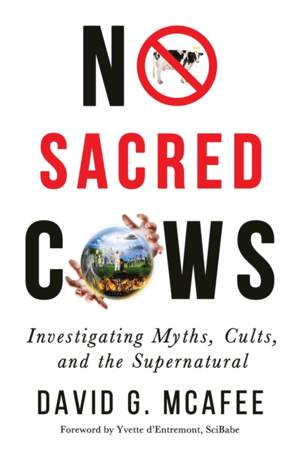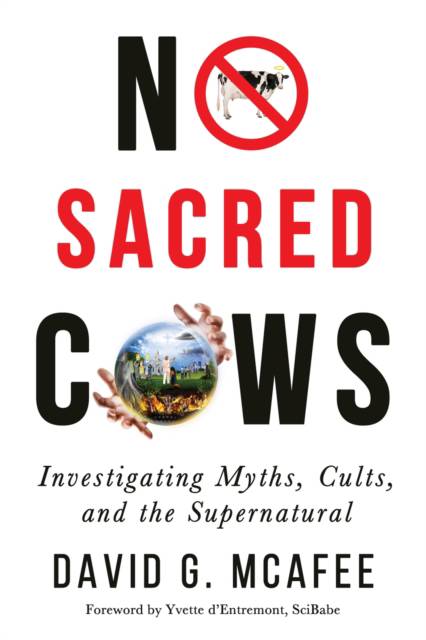
- Afhalen na 1 uur in een winkel met voorraad
- Gratis thuislevering in België vanaf € 30
- Ruim aanbod met 7 miljoen producten
- Afhalen na 1 uur in een winkel met voorraad
- Gratis thuislevering in België vanaf € 30
- Ruim aanbod met 7 miljoen producten
Zoeken
€ 24,95
+ 49 punten
Omschrijving
While belief in religious supernatural claims is waning throughout the West, evidence suggests belief in nonreligious supernatural claims is on the rise. What explains this contradiction? How can a society with a falling belief in God have a rising belief in ghosts, psychic powers, ancient astronauts, and other supernatural or pseudo-scientific phenomena? Taking the same anthropological approach he employed in his notable studies of religion, atheist author and activist David G. McAfee turns his attention to nonreligious faith-based claims. Whether going undercover as a medium, getting tested at Scientology headquarters in Los Angeles, or interviewing celebrity paranormalists and famous skeptics, he leaves no stone unturned in his investigation. As in the case of religion, he finds an unwillingness among "believers" to critically examine their most closely held convictions. Only once individuals honestly assess their own sacred cows will they be able to ensure that their beliefs conform to the known facts--and that our decisions as a society are based on the best available evidence.
Specificaties
Betrokkenen
- Auteur(s):
- Uitgeverij:
Inhoud
- Aantal bladzijden:
- 448
- Taal:
- Engels
Eigenschappen
- Productcode (EAN):
- 9781634311182
- Verschijningsdatum:
- 22/08/2017
- Uitvoering:
- Paperback
- Formaat:
- Trade paperback (VS)
- Afmetingen:
- 150 mm x 226 mm
- Gewicht:
- 612 g

Alleen bij Standaard Boekhandel
+ 49 punten op je klantenkaart van Standaard Boekhandel
Beoordelingen
We publiceren alleen reviews die voldoen aan de voorwaarden voor reviews. Bekijk onze voorwaarden voor reviews.











